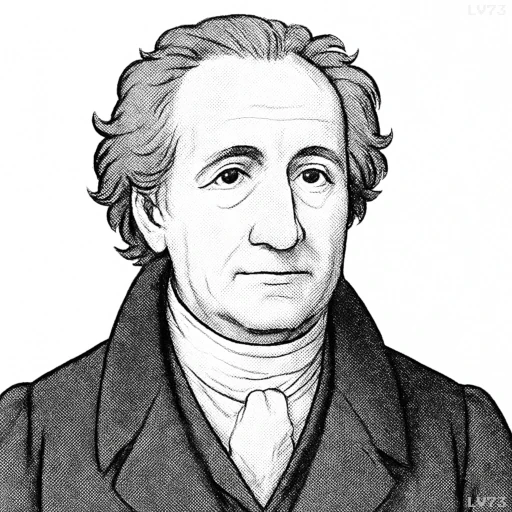“Hatred is something peculiar. You will always find it strongest and most violent where there is the lowest degree of culture.”

- August 28, 1749 – March 22, 1832
- German
- Poet, playwright, novelist, philosopher, politician
table of contents
Quote
“Hatred is something peculiar. You will always find it strongest and most violent where there is the lowest degree of culture.”
Explanation
Goethe suggests that hatred often thrives in environments where education, civility, and cultural understanding are lacking. In societies or individuals where there is limited exposure to diverse ideas, tolerance, and intellectual development, intolerance and hostility can grow. The absence of culture, which includes not just knowledge but empathy and open-mindedness, makes people more likely to harbor anger and prejudice toward others, leading to violent and extreme forms of hatred.
Historically, this idea aligns with Goethe’s belief in the importance of education and personal development. In his time, thinkers saw culture—whether through art, literature, philosophy, or civic engagement—as a means of elevating humanity and fostering understanding between people. In societies that lack these aspects, fear and ignorance often breed hatred, as people are less likely to empathize with or understand those who are different from themselves.
In modern contexts, this idea remains deeply relevant. In situations of conflict, division, or prejudice, a lack of education or exposure to diverse perspectives can exacerbate negative feelings. For instance, in communities or countries where access to education or cross-cultural exchanges is limited, there tends to be greater polarization and hatred toward outsiders or those who are perceived as different. In contrast, societies that foster tolerance, cultural exchange, and intellectual growth are better equipped to mitigate hatred and encourage understanding.
Goethe’s words remind us that culture, in its broadest sense, plays a crucial role in reducing hatred. Through learning, empathy, and open-mindedness, we can combat the roots of hatred and create a more compassionate and peaceful society.
Would you like to share your impressions or related stories about this quote in the comments section?




